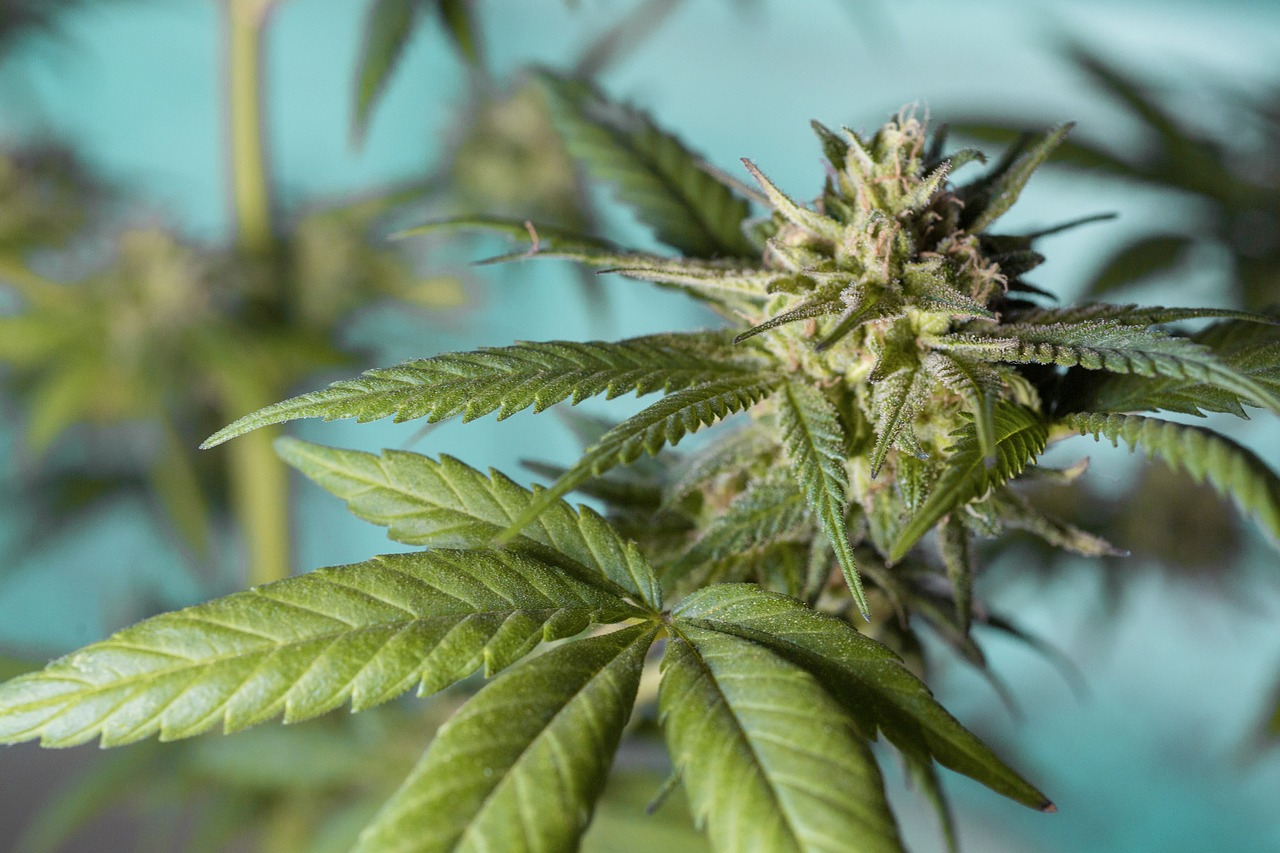- In recent years, the exploration of cannabis and its derivatives has expanded significantly, with THCA flower emerging as a promising component in the wellness sector. Tetrahydrocannabinolic acid (THCA) is a non-psychoactive cannabinoid found in raw cannabis plants. Unlike THC, THCA does not produce a high, making it an attractive option for those seeking therapeutic benefits without psychoactive effects.
Understanding THCA and Its Benefits
THCA is the precursor to THC, the compound responsible for the psychoactive effects of cannabis. When cannabis is heated, THCA converts to THC through a process called decarboxylation. In its raw form, THCA flower in capsules offers a range of potential health benefits without the intoxicating effects associated with THC.
Anti-Inflammatory Properties
Research suggests that THCA may possess anti-inflammatory properties, making it a potential option for individuals dealing with chronic inflammation. Inflammation is a common underlying factor in many health conditions, including arthritis and autoimmune diseases. By incorporating THCA into their wellness routine, individuals may experience relief from inflammation-related symptoms.
Neuroprotective Effects
Studies indicate that THCA may have neuroprotective properties, which could be beneficial for individuals with neurodegenerative disorders. These effects may help protect brain cells from damage and support overall brain health. This potential makes THCA an intriguing subject for further research in the context of conditions like Alzheimer’s and Parkinson’s disease.
Anti-Nausea and Appetite Stimulation
THCA has shown promise in reducing nausea and stimulating appetite, which can be particularly beneficial for individuals undergoing treatments such as chemotherapy. By alleviating nausea and encouraging appetite, THCA may help improve the quality of life for those facing challenging medical treatments.
Innovative Applications of THCA Flower
The versatility of THCA flower allows for a variety of innovative applications in wellness practices. From culinary uses to topical applications, THCA offers numerous possibilities for enhancing well-being.
Culinary Uses
Incorporating THCA flower into culinary creations is an exciting way to enjoy its benefits. Since THCA is non-psychoactive, it can be added to smoothies, salads, and other dishes without altering mental clarity. This approach allows individuals to integrate THCA into their diet seamlessly.
- THCA-infused smoothies for a refreshing and health-boosting beverage.
- Raw cannabis salads that combine THCA with other nutrient-rich ingredients.
- THCA-infused dressings and sauces to enhance flavor and wellness benefits.
Topical Applications
THCA flower can be used in topical applications to address localized pain and inflammation. By infusing THCA into balms, creams, or oils, individuals can target specific areas of discomfort without systemic effects. This method is particularly appealing for those seeking natural alternatives for pain management.
Juicing Raw Cannabis
Juicing raw cannabis is another innovative way to harness the benefits of THCA. By consuming raw cannabis juice, individuals can access the full spectrum of cannabinoids and nutrients present in the plant. This method preserves the integrity of THCA and other beneficial compounds, offering a holistic approach to wellness.
Case Studies and Research
Several case studies and research initiatives have highlighted the potential of THCA in wellness applications. These studies provide valuable insights into the efficacy and safety of THCA for various health concerns.
Case Study: THCA for Arthritis
A case study involving individuals with arthritis demonstrated the potential of THCA in reducing joint pain and inflammation. Participants reported improved mobility and decreased reliance on conventional pain medications. This study underscores the potential of THCA as a complementary approach to managing arthritis symptoms.
Research on Neuroprotective Effects
Research conducted on animal models has shown promising results regarding the neuroprotective effects of THCA. These studies suggest that THCA may help protect against neurodegenerative damage, paving the way for future clinical trials in humans. The findings highlight the need for continued exploration of THCA’s potential in supporting brain health.
Statistics and Market Trends
The growing interest in THCA is reflected in market trends and consumer preferences. As awareness of its benefits increases, the demand for THCA products continues to rise.
- A recent survey indicated that 60% of cannabis consumers are interested in non-psychoactive cannabinoids like THCA.
- The global cannabis market is projected to reach $97.35 billion by 2026, with THCA products contributing to this growth.
- Consumer interest in natural and holistic wellness solutions is driving the popularity of THCA-infused products.
Conclusion
THCA flower presents a promising avenue for enhancing wellness through its diverse applications and potential health benefits. From its anti-inflammatory and neuroprotective properties to its innovative culinary and topical uses, THCA offers a unique approach to holistic health. As research continues to uncover its full potential, THCA is poised to become a valuable component in the wellness landscape. By embracing the possibilities of THCA, individuals can explore new ways to support their health and well-being.
